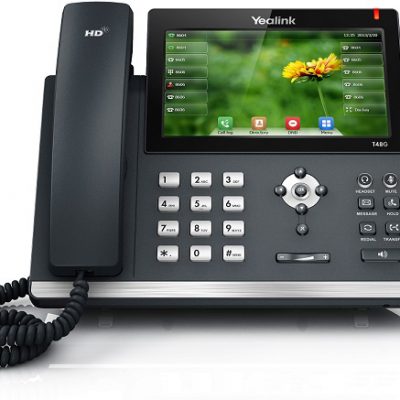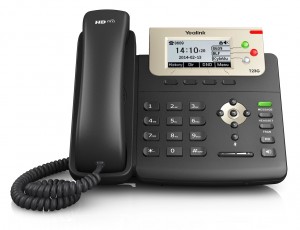VoIP (Voice over Internet Protocol) is a technology that allows users to make phone calls using the internet instead of traditional phone lines. This technology has become increasingly popular in recent years due to its low cost and convenience. However, with the rise of VoIP, there has also been an increase in security concerns. Hackers and cybercriminals are constantly looking for ways to exploit vulnerabilities in VoIP systems to gain unauthorized access to sensitive information.
To address these concerns, it is important to explore VoIP security measures that can safeguard conversations and protect sensitive information. One of the most important measures is user authentication, which ensures that only authorized users can access the system. This can be achieved through the use of strong passwords, two-factor authentication, and other security features. Additionally, it is important to implement physical and logical protection measures, such as firewalls, intrusion prevention systems, and encryption, to monitor and filter authorized and unauthorized VoIP traffic.
Understanding VoIP and Its Importance
VoIP (Voice over Internet Protocol) is a technology that allows voice communication over the internet. Instead of using traditional phone lines, VoIP uses the internet to transmit voice data in the form of digital packets. This technology has become increasingly popular in recent years due to its flexibility, cost-effectiveness, and ability to integrate with other communication systems.
One of the most significant advantages of VoIP is its cost-effectiveness. Traditional phone systems require expensive hardware and maintenance, while VoIP systems can be set up with just a computer and an internet connection. This makes it an attractive option for small businesses and startups that are looking to save costs.
Another benefit of VoIP is its flexibility. With VoIP, users can make and receive calls from anywhere in the world as long as they have an internet connection. This is particularly useful for businesses that have employees working remotely or for individuals who travel frequently.
However, with the rise of VoIP technology, there are also concerns about its security. VoIP calls are vulnerable to eavesdropping, hacking, and other security threats. Therefore, it is essential to implement proper security measures to safeguard your conversations.
In the following sections, we will explore some of the most important VoIP security measures that you can implement to protect your conversations.
Fundamentals of VoIP Security
VoIP (Voice over Internet Protocol) is a type of communication technology that allows people to make voice calls using the internet. It is a popular alternative to traditional phone systems because of its cost-effectiveness, flexibility, and convenience.
However, as with any technology, VoIP is not immune to security threats. In this section, we will explore some of the fundamentals of VoIP security.
Common Vulnerabilities
VoIP systems can be vulnerable to a variety of security threats, including:
- Eavesdropping: Hackers can intercept VoIP calls and listen in on conversations. This can be particularly problematic for businesses that deal with sensitive information.
- Denial of Service (DoS) attacks: Hackers can flood a VoIP system with traffic, causing it to crash or become unavailable.
- Phishing scams: Hackers can use phishing scams to trick users into revealing sensitive information, such as login credentials or credit card numbers.
- Malware: Hackers can use malware to infect a VoIP system, allowing them to steal data or take control of the system.
Potential Threat Actors
There are several types of threat actors who may attempt to exploit VoIP vulnerabilities:
- Hackers: Hackers may attempt to exploit VoIP vulnerabilities for financial gain, to steal sensitive information, or simply for the challenge.
- Insiders: Insiders, such as employees or contractors, may have access to sensitive information and may attempt to exploit VoIP vulnerabilities for personal gain or to harm the organization.
- Competitors: Competitors may attempt to exploit VoIP vulnerabilities to gain a competitive advantage by stealing sensitive information or disrupting operations.
- Nation-states: Nation-states may attempt to exploit VoIP vulnerabilities for espionage or to disrupt critical infrastructure.
To protect against these threats, it is essential to implement robust VoIP security measures.






